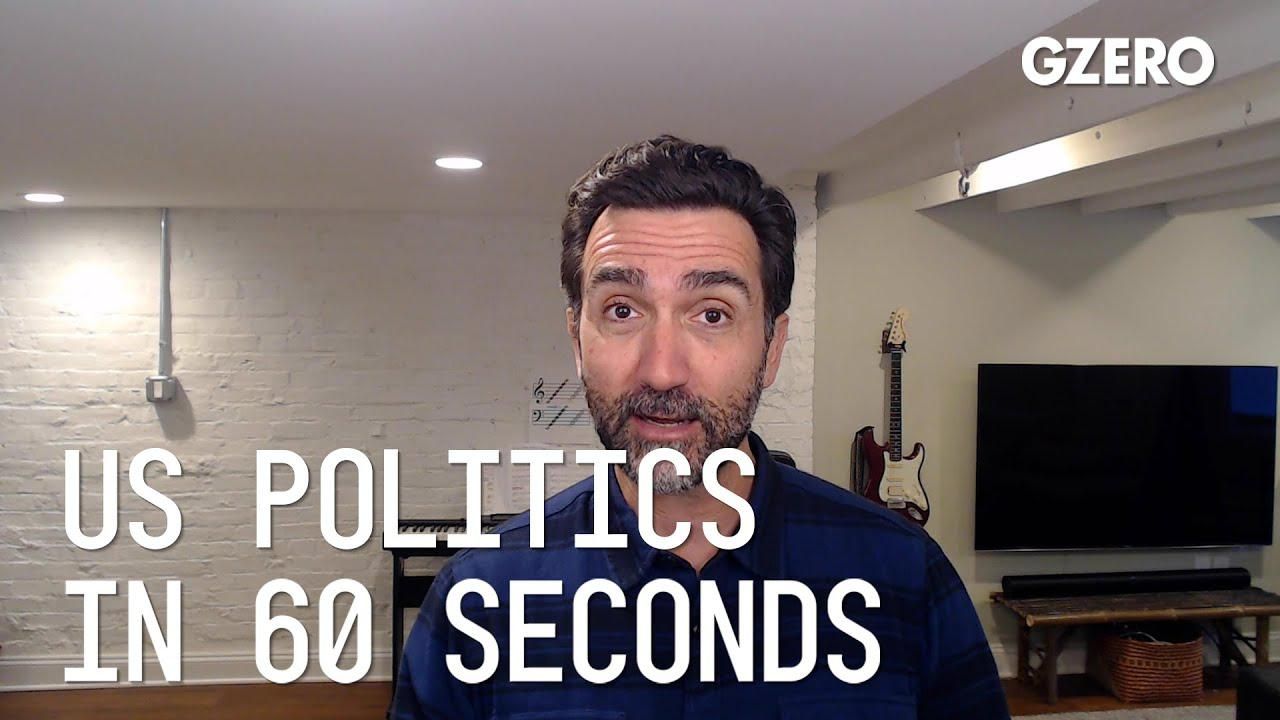
Jon Lieber, head of Eurasia Group's coverage of political and policy developments in Washington, discusses US support to Ukraine in its war against Russia.
Today's question, what will the US do next to support Ukraine and its war against Russia?
Ukrainian President Volodymyr Zelensky today addressed a joint session of Congress, reportedly moving some members to tears with his plea for additional support for Ukraine. Congress last week approved nearly $14 billion to go to the country, and the Biden administration is set to release $800 million on top of the $350 million in military aid they quickly sent during the outbreak of the war.
The American people want Biden to do more, but Biden's running into the political and practical limits of what he can do. He's already sanctioned the Russian economy back to the 1990s, and dozens of US-based businesses are pulling out over there over the reputational and sanctions risk of operating inside Russia. And Biden's been clear there's two things that Zelensky has asked for that he won't do. One is facilitate the transfer of Soviet-era jets from Poland to Ukraine. And the second is imposing a no-fly zone, which Biden said will involve a direct military clash with Russia, something he said would be the equivalent of World War III.
When it comes to the no-fly zone, the American people agree with the president. A poll earlier this week showed that only 23% of Americans want to see a no-fly zone when it's explained to them that it would involve shooting down of Russian planes. And while the American people generally support more help for Ukraine, they're against the deployment of US troops. You should, however, expect to hear more about these Polish plans.
Biden's critics have said he's letting Putin dictate the terms of US engagement in Ukraine. And Senator Lindsey Graham accused him of folding like a cheap suit once the Biden administration figured out that Putin would see the planes as an escalation. So the US is in a bind. They want to help Ukraine, but they are afraid of Putin, who continues to press the war in the face of near universal international condemnation.
- Zelensky takes center stage - GZERO Media ›
- Zelensky's fate and Ukraine's future - GZERO Media ›
- How Biden's handling of Russia-Ukraine war is viewed in US ... ›
- Ukraine: Biggest foreign policy test for the Biden administration ... ›
- Russia escalates in Donbas in push to take eastern Ukraine - GZERO Media ›
- Is global economic inequality getting worse? - GZERO Media ›